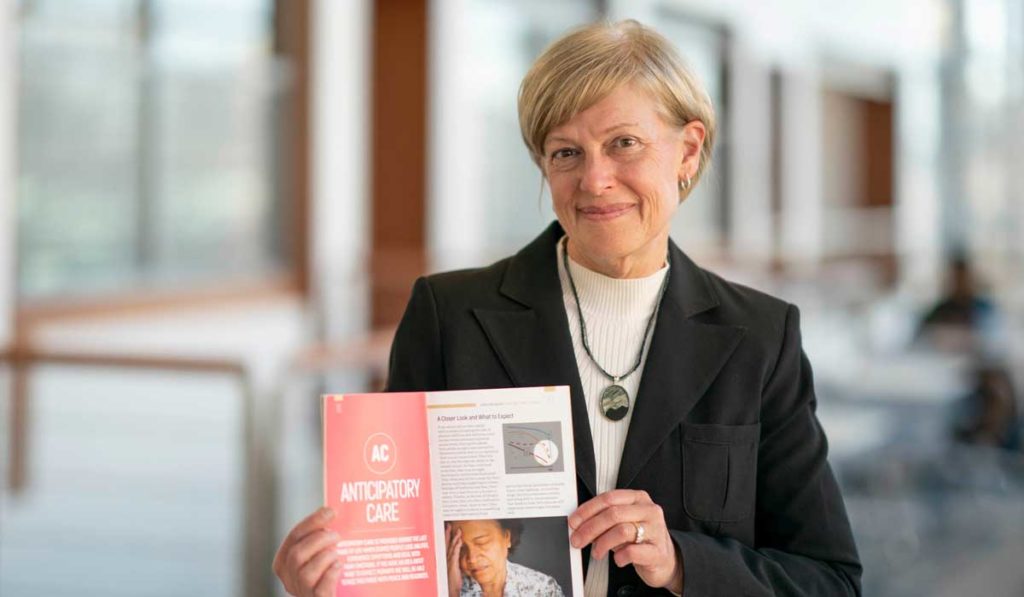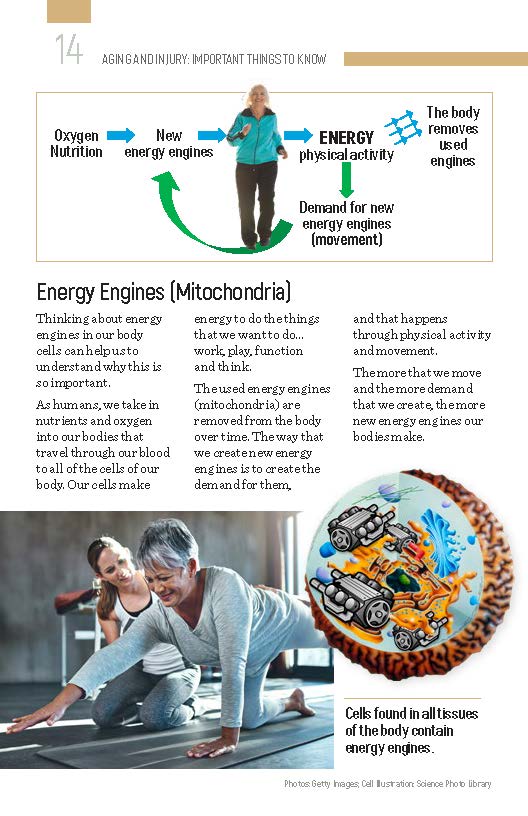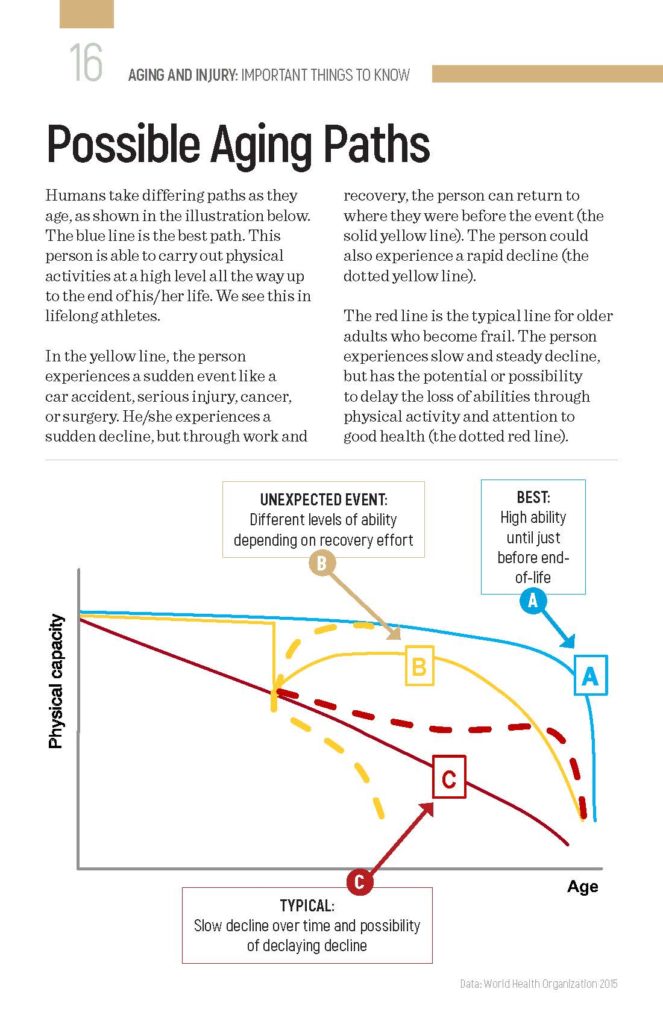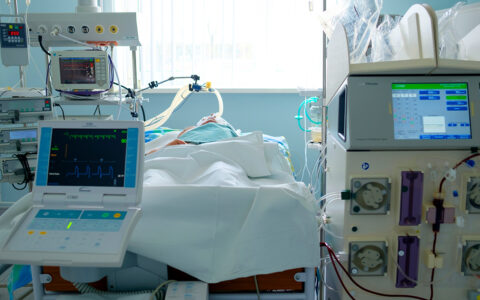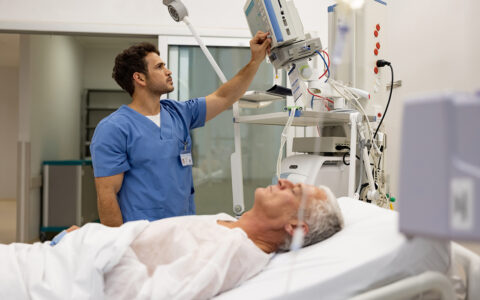After 25 years working as a nurse and a nurse manager in critical care and trauma, Cathy Maxwell, Ph.D., assistant professor at Vanderbilt University School of Nursing, has a firsthand understanding of how frailty in seniors correlates with poor outcomes from falls and hospitalization. When she obtained her Ph.D., she focused on how to help older adults understand physical aging so they can make informed decisions that improve quality of life.
Maxwell is now leading an evidence-based initiative to improve frailty awareness among seniors, beginning with a disadvantaged community in Nashville. Seniors living in a new Urban Housing solutions development will be a pilot group to evaluate the impact that education, guided exercise and diet programming can have on reducing frailty. “We are hoping to demonstrate a model that can be replicated in other communities,” Maxwell said.
The program, entitled AFRESH (Aging and Frailty; Resilience and Energy in the Second Half of Life) and launching in 2020, is based on well-established need. “From 2013 to 2015, we followed trauma patients for a year after their injury and determined that frailty was the primary predictor of their poor outcomes – mortality, readmissions to acute care and functional decline,” Maxwell said.
Education Makes an Impression
In collaboration with the Vanderbilt Center for Effective Health Communications, Maxwell began the program by developing a booklet for seniors that defines frailty and how it affects recovery from falls and illnesses. It also explains how to plan for the process of aging. Maxwell has presented the booklet in educational sessions to people from their 40s to late 80s at sites including senior apartment communities, YMCAs and churches.
“I want people to understand the factors they can control, so they feel empowered to manage their own trajectory of aging.”
“I want people to understand the factors they can control, so they feel empowered to manage their own trajectory of aging,” Maxwell said.
The booklet discusses the reduction of energy production as we age and how regular exercise can slow that process. High-intensity interval training, for example, has been shown to improve the age-related decline in muscle mitochondria.
To communicate this information, Maxwell’s booklet features graphics of mitochondria as engines in the cell and explains how exercise can radically reduce the natural decline in the quality and quantity of these cellular engines as we age.
The image of mitochondria as energy engines has proven memorable and compelling. “The people most motivated to change, who are from 50 to 65 years old, get it. They see that they probably still have the time and ability to really improve their health,” Maxwell said.
Program Elements
AFRESH will use a multi-component approach that includes weekly group sessions with a focus on exercise and strength training, as well as support for intermittent fasting, another element believed to slow aging.
Each participant will have a customized plan, facilitated by an exercise physiologist who specializes in exercise for adults with chronic conditions.
Increasing Clinician Awareness
Maxwell is also hosting frailty-focused communication (FCOM) workshops for clinicians. The workshops are led in collaboration with, Sally Miller, Ph.D., assistant professor of nursing at Vanderbilt. They cover speaking with older patients about frailty and setting goals to move forward.
“People are familiar with the word ‘frailty’, but it is poorly understood as a concept. The earlier we can get to seniors with education, the more things they may implement in their lives that can change their future,” Maxwell said.
